How important is the Suez Canal to UK food imports?
Spicy Adventures
Your cart is empty.
SUBTOTAL
£0.00

Spicy Adventures
Recently, the news gave us a welcome respite from the never-ending world pandemic. For a few days, we were all distracted and enthralled by the story of a container ship – the Ever Given – being stuck in the Suez Canal. Built in 2018, the ship is 400m long – just shy of the Empire State Building if it were stood upright. In a freak sandstorm that produced poor visibility along with strong winds, the container ship became firmly wedged sideways, blocking one of the most crucial arteries of the global trade network.
It wasn’t long before there was a huge backlog of similar container ships either side, waiting impatiently for the Ever Given to be moved. It was estimated by Lloyd’s List that for every day the Ever Given remained stuck, $9.6bn (yes, billion) dollars of trade was being held up. That’s about $400m every hour or $6.7m every minute!
Jokes and amusement aside (there were plenty), this incident shone a fascinating light on just how much the global trade network relies on this one crucial waterway. Around 12% of global trade passes along the Suez Canal every single day and with a blockage as serious as this, it wasn’t long before the EU and UK was warning of impacts on everyday life. It was revealed that a large number of the container ships caught in this traffic jam were carrying the commodities that power everyday life in the UK – things like gas, water and, most importantly, food. So, just how heavily does the UK’s food imports rely on the Suez Canal?
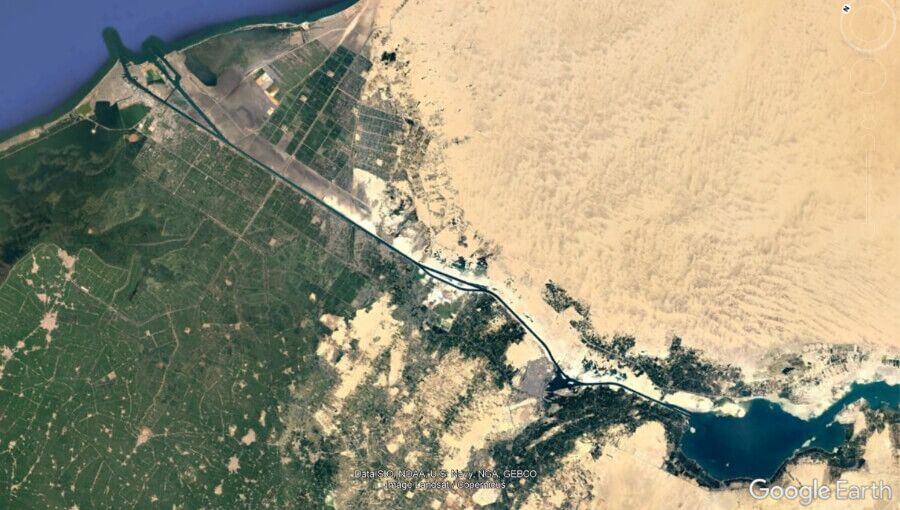
Taking a look at UK food statistics on the GOV.UK site, in 2019 it was estimated that the UK supplied 55% of food consumed in the UK. A further 26% was imported from the EU while a much smaller but not insignificant amount of 4% came from each of the following continents: Africa, Asia, North and South America. In short, the UK relies heavily on international imports to compliment its domestic food supply. In their own words, the government states that ‘sourcing food from a diverse range of stable regions, in addition to domestically, enhances food security’.
Interestingly, when you look at the differences between how much we exported and imported various food categories in 2019, you begin to see where we rely much more heavily on international trade. Whilst we exported an incredible £7.9bn worth of drinks (a lot of beer and scotch whiskey), we only exported £1.3bn worth of fruit and veg while importing £11.5bn worth! Similarly, while only exporting £1.5bn worth of tea, cocoa and coffee, we imported £3.8bn of it. Here’s the full table below:
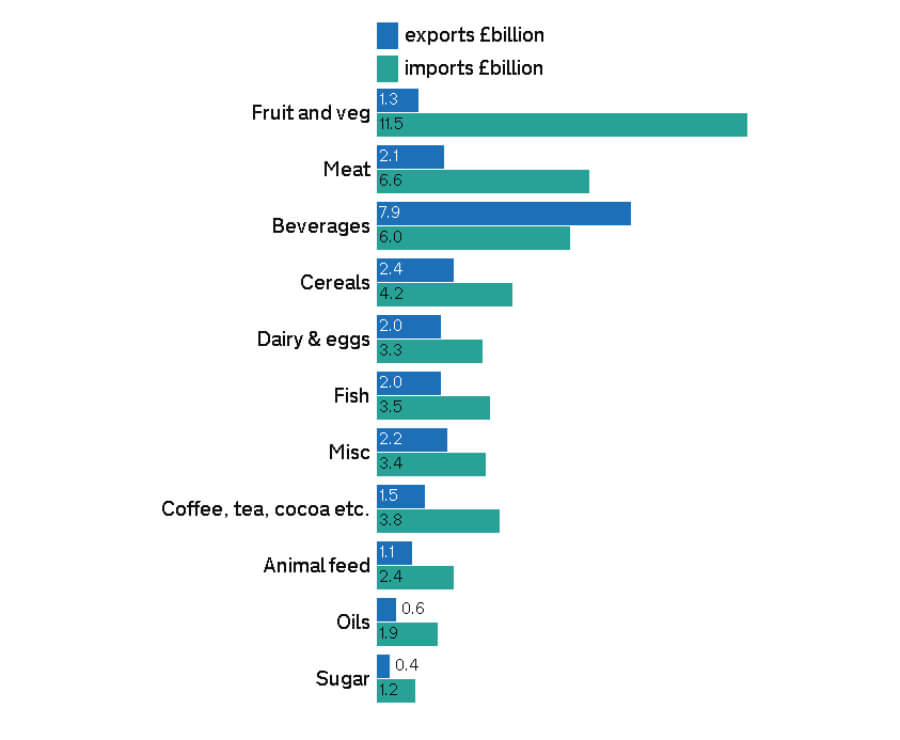
Clearly, while we’re great at brewing alcohol, the UK is not a place where you can grow and cultivate things such as tea, bananas, pineapples and many other exotic items. Even here at Seasoned Pioneers, we can’t grow nutmeg in the back garden unfortunately. So, where are we getting these items from?
Between January and June of 2018 HM Revenue & Customs collected and released import data on everything. This data gives us a fascinating insight into what’s coming in from where. From our close EU neighbours, we imported £425m of beef from Ireland, £321m of wine from France, £171m of pork from Denmark and £155m of potatoes from the Netherlands. We also helped ourselves to £52m worth of seeds from Romania (that’s a lot of seeds) and £12m worth of olives and capers from Greece. Of course, none of these imports utilise the Suez Canal, They’re just a short boat, train, lorry or plane ride away over the English Channel and North Sea!
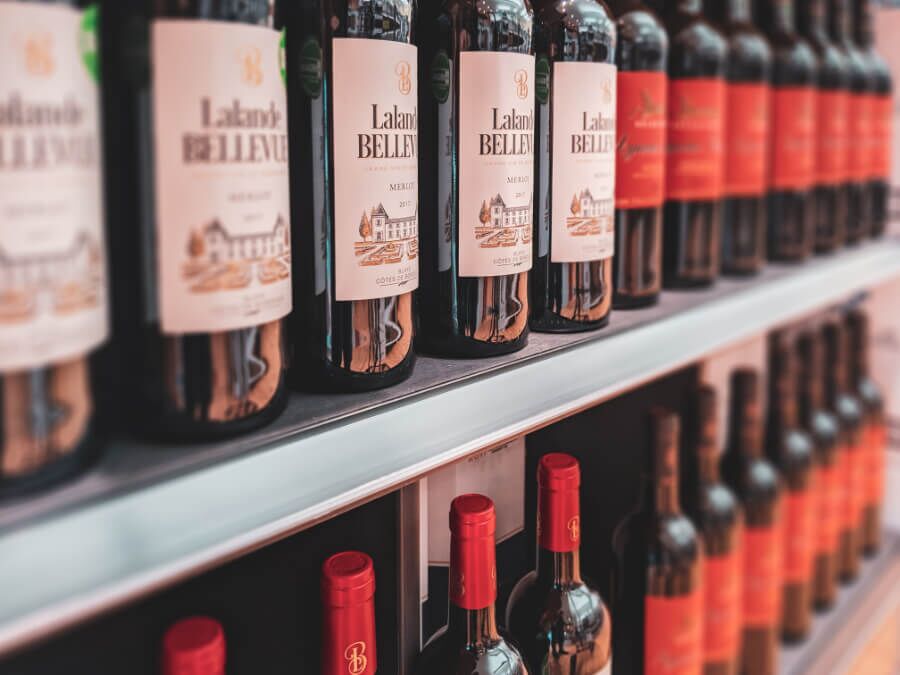
Looking further afield, the warmer tropical climates of the Caribbean and Central America reflects in our imports. From Costa Rica, we imported £50m of bananas. From Belize, £24m worth of sugar, £18m of oils from Honduras and £7m of nuts from Nicaragua. These are things we simply can’t produce in the UK. Interestingly, we also source a lot of beef from Brazil and Uruguay, while in North America our main import from the US is wine and from Canada, it’s soya beans! Once again though, it’s highly unlikely any of these imports from the Americas come via the Suez Canal. That simply wouldn’t make sense from a geographical point of view. These are shipped over the Atlantic Ocean.
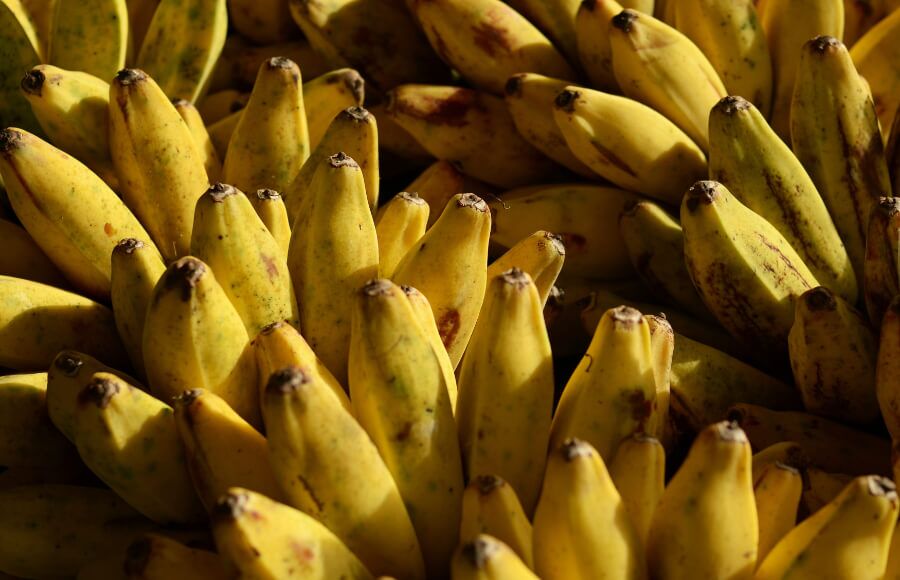
Looking at the African continent, we find plenty of our favourites. For example, we shipped over £126m worth of cocoa products from the Ivory Coast and £58m of the same stuff from Ghana. That’s a lot of chocolate! We also brought in £75m worth of tea and coffee from Kenya, as well as £115m worth of grapes from South Africa. From many of the other African nations such as Malawi, Mozambique and Tanzania, tea and coffee is the main import for us. Now, depending on their location on the African continent, it’s plausible that some of these countries may well ship their cargo to us via the Suez Canal. For example, Kenya, Tanzania and Mozambique all sit on the South-East coast of the continent, below the Red Sea (this is where the Suez Canal begins, flowing through to the Mediterranean).
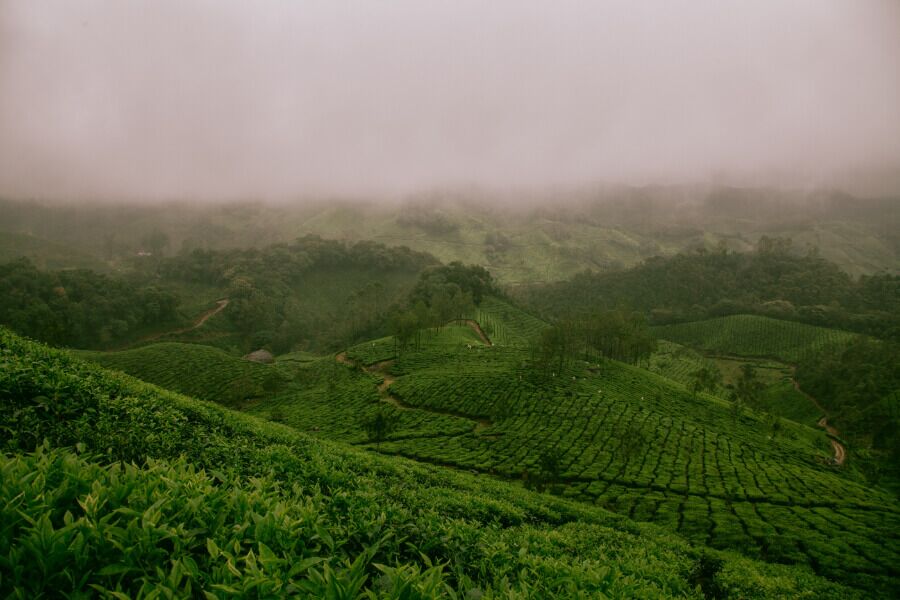
Lastly, we come to the key users of the Suez Canal – Asia. There is simply no other way that vast amounts of goods from the East could make it to UK shores from Asia without using the Suez Canal. What was once the overland route of the Silk Road is now a vast, endless line of container ships making their way across the Indian Ocean and up the Red Sea. While China has hopes of reviving and building a new Silk Road via trains and roads, the oceans and their container ships are the foundation for all trade with Asia. Of course, there is the ‘Cape of Good Hope’ route but that requires you to sail right around the African continent, adding 7 – 9 days on your journey. The whole reason the Suez Canal was built was to avoid this!
So, what are some of the biggest UK imports from Asia? In 2018, according to the HM Revenues and Customs data, we imported a surprisingly large £302m worth of processed meats from Thailand, £51m of nuts from Vietnam and £37m worth of oil from Papua New Guinea. Less surprising was the £175m and £123m worth of wine from Australia and New Zealand respectively. From Indonesia we import vast amounts of oil (palm, no doubt) and plenty of our spices! Meanwhile, fish comes from the Philippines, rice from Cambodia and plenty of sauces from Hong Kong.
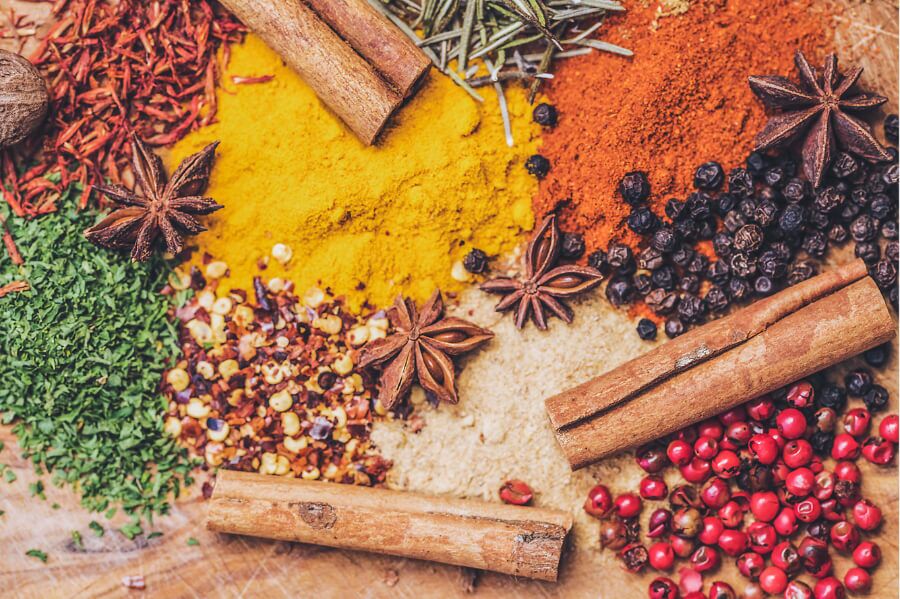
Along with coconut milk, syrups and plenty of other things that we rely on in our everyday meals, all of this is travelling exclusively through the Suez Canal. In conclusion, while it’s not detrimental to UK food supplies, the Suez Canal clearly plays a key role in the stocking of our supermarket shelves. If it were to be out of action for any longer than the Ever Given caused, we would most definitely notice. Fortunately for us, with plenty of other things still flowing freely from the EU, Americas and Africa, it wouldn’t be the end of the world! The government’s adoption of ‘sourcing food from a diverse range of stable regions, in addition to domestically, enhances food security’ rings perfectly true.
It’s worth remembering of course, the UK also utilizes the Suez Canal for its exports. In a post-Brexit world where the country looks to trade with international partners further afield, including Japan and Australia, the Suez Canal will become even more important. So, next time you’re in the supermarket picking your way through bananas, coconut milk, avocados and spices, have a think about the journey these have been on. Let’s hope they don’t get stuck again anytime soon!
Understanding Spices
Spices have long been integral to the UK's culinary landscape, adding depth, flavours, and richness to a myriad of dishes. From the pungent aroma of cumin in Indian curries to...
Read MoreUnderstanding Spices
Confetti is an essential part of any wedding day. Not only is it a wonderful way to greet a newlywed couple, but it also provides some beautiful photo opportunities. The...
Read MoreSeasonal Ideas
It’s no secret that any handmade gift will always be more special than a store-bought one. Homemade food gifts are especially wonderful, a labour of love that shows someone you...
Read MoreHealth and Wellbeing
It’s no secret that winter’s cold and gloomy weather makes us crave indulgent dishes like fondue and baked goods like sticky toffee pudding and apple crumble. While Christmas is the...
Read More